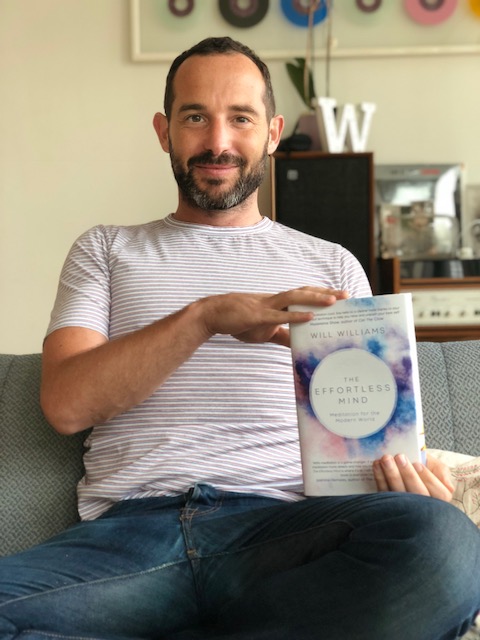In many important ways, meditation is a deeply personal practice. People are often drawn to meditation in order to achieve individual ambitions, both spiritual and practical – from simply reducing stress to reaching moments of transcendence.
We tend to think that these ideals are best met by spending time on our own, concentrating on our practice away from the distractions and demands of others. Yet group meditations can be a surprisingly effective way to reach our goals, and add a deeper level of enjoyment to a meditation habit.
The first time I experienced a group meditation, I was absolutely blown away. I had just learned Vedic meditation after spending years trying, and failing, to find a cure for the unending and exhausting chronic insomnia which was threatening to negatively colour my entire experience of life.
Meditation alone had been revelatory, especially as I had my first good night’s sleep in as long as I can remember. But when about 20 of us all sat to meditate together, I realised I’d hit upon something which was more than just a useful lifestyle tool. The experience was just so much more deep and profound than anything I had experienced before, and I’ve been convinced of the importance of group meditation ever since.
So what causes this sensation? I think it’s mainly down to the almost imperceptible ways we influence and communicate with each other, without even meaning to. Humans are social creatures, and we are extremely susceptible to the mood of a crowd.
Think how unhappy and stressed everyone tends to be in a crowded commuter train, or how the excitement of thousands of people at a concert can be infectious, even if you’re not that interested in the band. This phenomenon is known as “emotional contagion” — and it makes a whole heap of sense if you consider our evolutionary history.
Humans have spent the majority of our history in tight-knit groups of hunter-gatherers. In these roving, reactive bands, those of us who were sensitive to the moods of our peers would have been more likely to survive. If some people in the group became aware of a danger which others hadn’t yet perceived, the people who had picked up on the change in mood and became equally fearful would have been more primed for ‘fight or flight’, and therefore more able to deal with the threat.
Empathy, emotional mimicry and affinity are also key to us getting along with other people — and as getting along with other people is the first step towards “passing on your genes” (in polite terms), it makes sense that human beings should be wired this way.
This feeling of connection is often emulated in group meditation, where a whole room of people are being soothed (through whichever meditative practice they’ve chosen to pursue) into a very different state of consciousness than they usually have the chance to experience. With everyone unwinding into a state of deep relaxation and feelings of stress floating away, the general atmosphere can lift your own meditation to something that bit more special and far-reaching.
While the enhanced experience that comes with a roomful of people sharing in this change of perception is one thing, another great reason to go to group meditation is that it can help you cement the habit – especially if you’re a bit prone to lapsing, and often forget to meditate for weeks on end. This is one reason why I hold group meditations at my London meditation centre – it helps our students make meditation an inextricable part of their lives.
Psychologists call the three-step process of habit-forming ‘Trigger, Routine, Reward’. By setting aside a day every week where you attend a group meditation class, making sure you attend as consistently as possible and feeling the reward both of socialising and a more powerful meditation experience, you’ll make it far easier to keep meditation as a part of your life.
Spending time with likeminded people in a pursuit you all find beneficial helps you to build a community around your practice, giving you the extra incentive for the weeks where you think that you can’t really be bothered, as you don’t want to let anyone down.
Making meditation a key aspect of your social and outward life is one way to blend this habit inextricably into your time. By going to group meditations, the practice becomes more personal and profound, while simultaneously developing into something more open and less self-involved.
There’s certainly something to be said for solitude, but meditating in a crowd every now and then has many benefits – both social and spiritual – and can create a nice counterbalance to a practice that can sometimes feel intensely individual.


